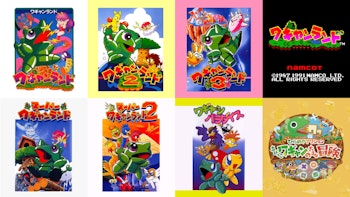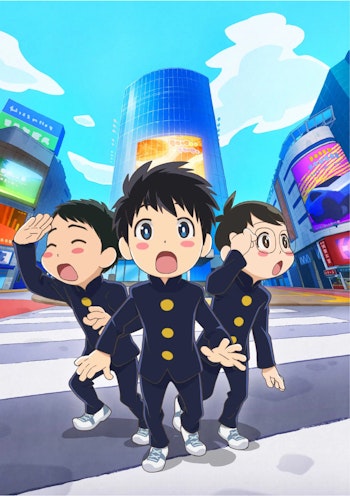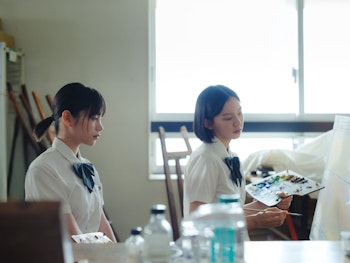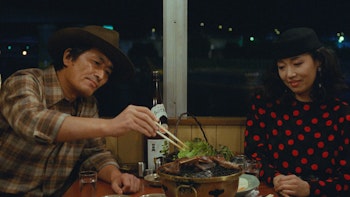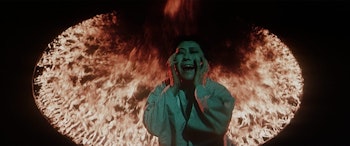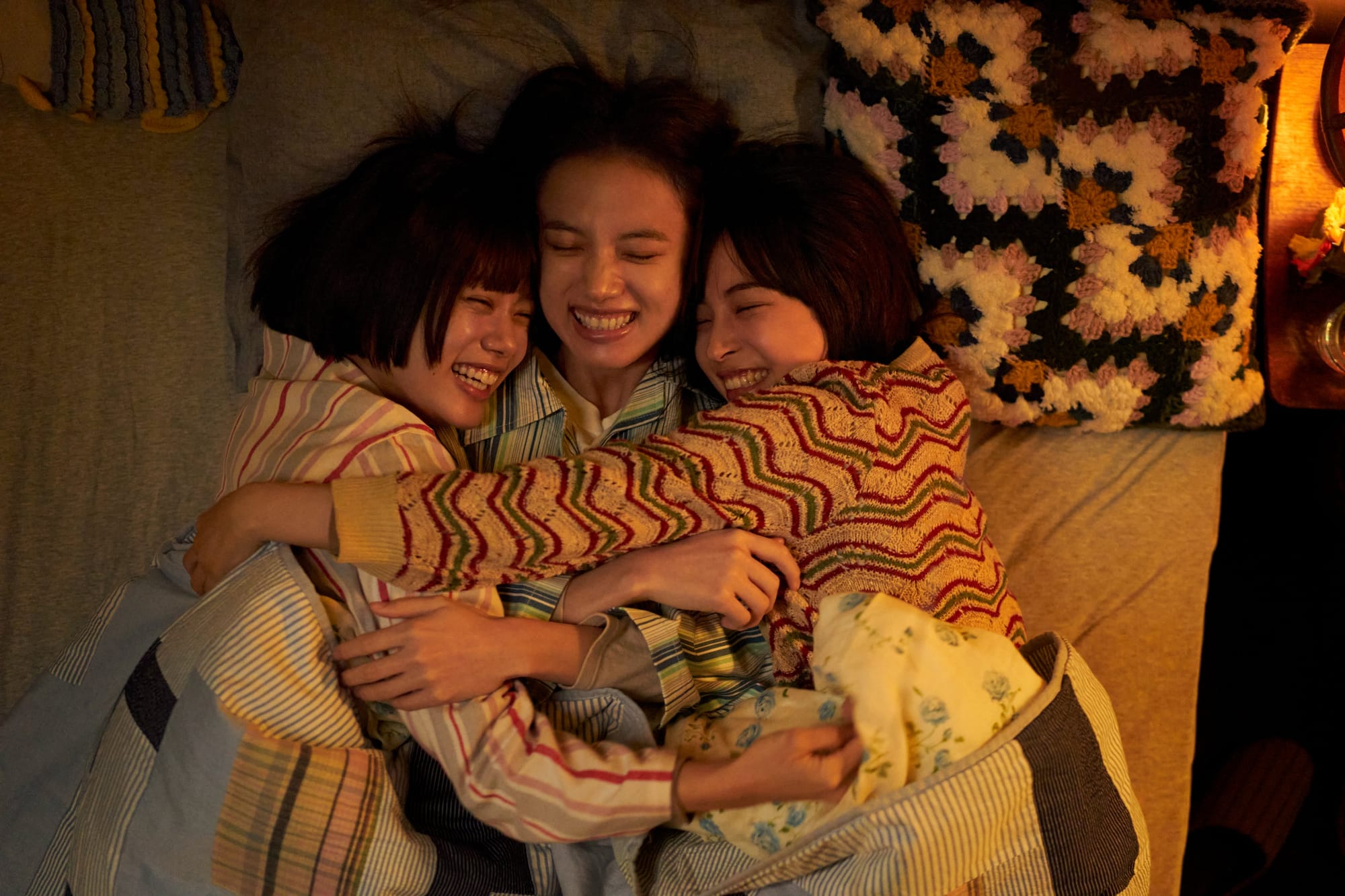
In Unreachable, the life of these three young girls is like a dream. They’re barely adults and yet they live in a grand house that looks ripped from Studio Ghibli’s Arrietty in its treasure-trove of knick-knacks and abundance. The warm and welcoming array of lush blankets, fairy lights and more are unreal compared to the utilitarian coldness of many modern living spaces, and the richness of such a life on the doorstep of Tokyo hustle and bustle surely can’t come cheap. Yet these girls prance about their lives in neat clothing and without a care in the world of how they can afford it.
It seems idyllic, undercut by a creeping feeling that none of this makes any sense. It’s the little things at first: they hop on the bus without tapping a travel card to pay for their fare, yet no one complains. Indeed, no one in the world seems to pay them any heed, even as they go about their lives attending university or working in an office where they may as well not exist for how much they’re shut out from conversation.
But does that really matter to them? These young girls, Misaki (Suzu Hirose), Yuka (Hana Sugisaki) and Sakura (Kaya Kiyohara), clearly don’t mind, and the fun they have celebrating birthdays, cooking and cleaning together and doing almost-childish activities like measuring their height on the wooden post even into their adult lives gives an impression between emotionally-stunted and carefree. And that’s deliberate.
The reason these girls seem to exist beyond the conventional wisdoms of modern life is because they do. As is explicitly revealed within its opening 15 minutes but can be inferred easily before the end of its opening scene, the trio were tragically murdered in their choir classroom when they were barely six years old by an older man with a knife. They exist as spirits who grow and age without being visible or able to speak or interact with the world around them.
Their idyllic home? They rebuilt this abandoned home in their minds with everything their childish thoughts could imagine or need, forging a sisterly bond as found family as they were forced to care for one another alone since elementary school age.
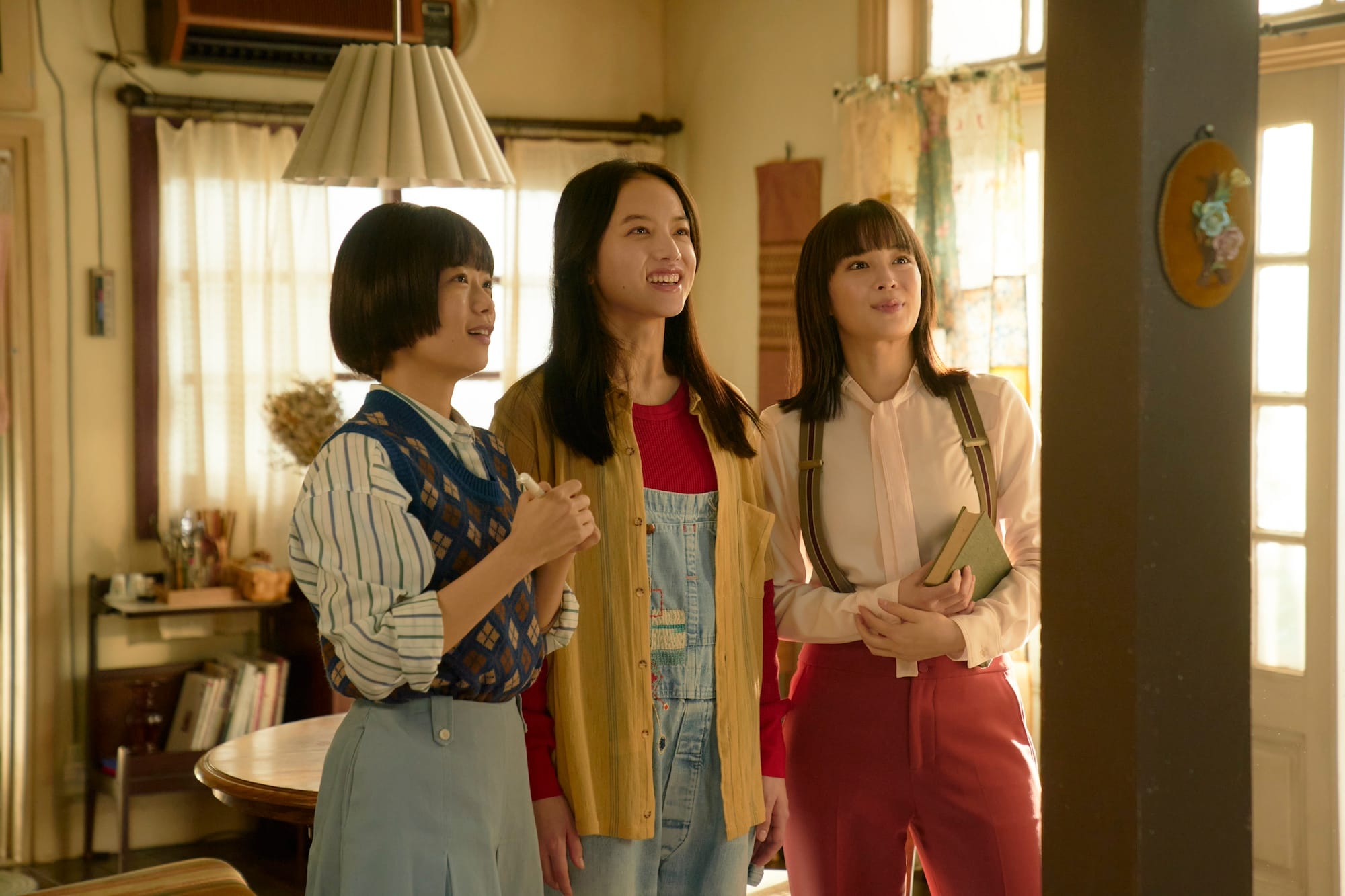
Unreachable is not just giving off the air of fantasy with their almost too-perfect life and dreamlike atmosphere, it’s a magical-realist story deliberately adrift of common-sense understandings of the world, created with an idealism for what it means to love, lose, and remember. Director-screenwriter combo Nobuhiro Doi and Yuji Sakamoto’s work here is a deliberate departure from their 2021 romance hit We Made a Beautiful Bouquet, which succeeded as a grounded film that soared by centering its relationship not on the moment you fall in love but the moment it ends.
That film resonated thanks to the complexities and the imperfections of its main duo. It was a story that retroactively looked back on a 5-year relationship from the moment they met to the moment they chose to break up, capturing not just the rush of excitement at a burgeoning crush but the way work and life can break your commitment to each other, and personalities can clash with proximity. It’s heartbreaking because it feels so real. No one is perfect, and that layered portrayal of these young people navigating domestic life and making sense of a relationship in its afterglow as they move on brings a new perspective.
By contrast, while there’s potential to explore the conflict in coming-of-age as a young woman invisible to the world around you, watching people around you grieve and form new relationships without you, the film never explores this idea in any real depth. From the rules that govern their in-between existence and the half-baked science used to justify how they can and can’t interact with objects and people around them, much of this world revolves around the whims of the screenplay than any logical through line that could make this fantasy believable.
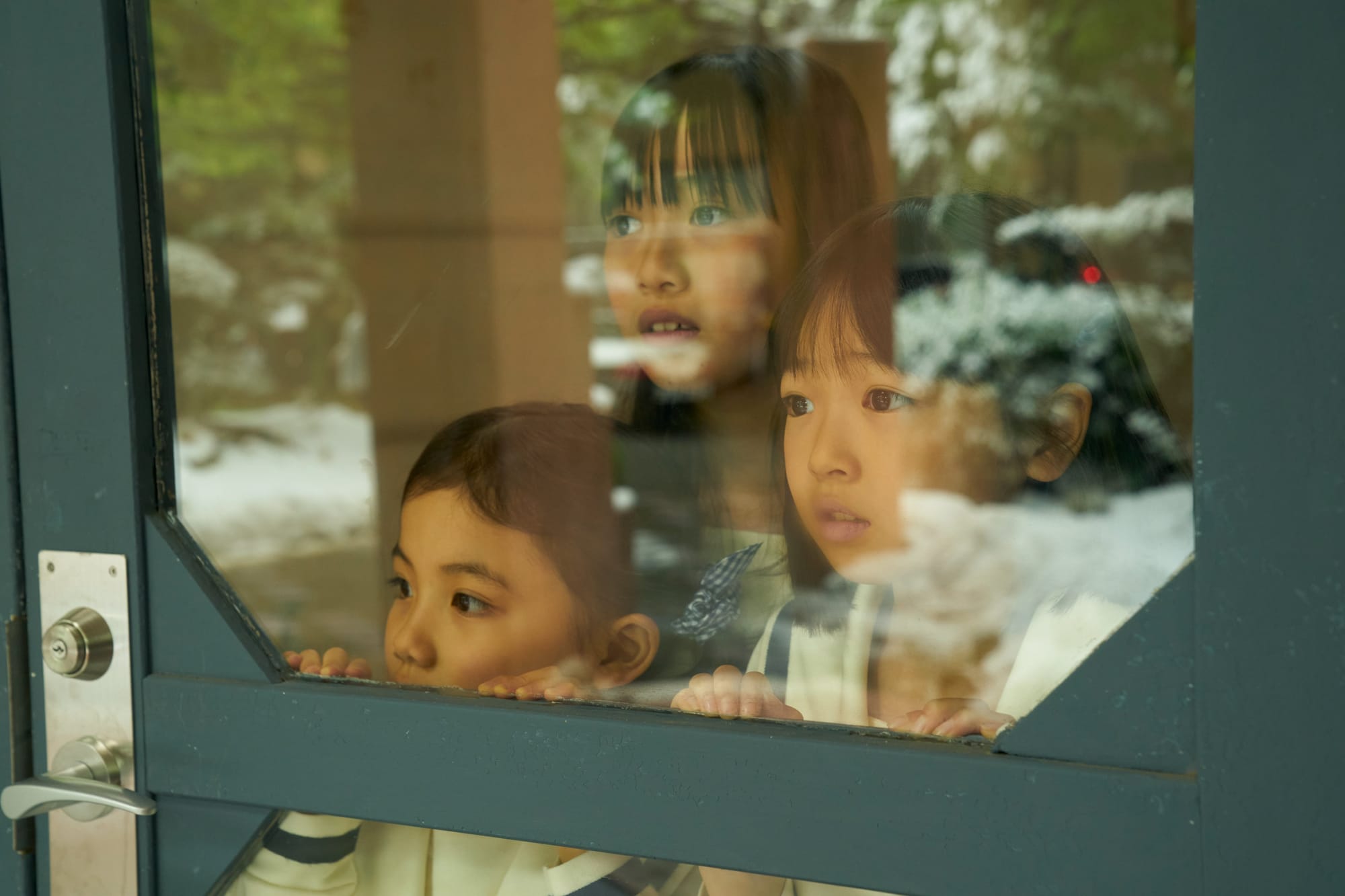
The characters themselves, played by three of the most interesting young female actors of the moment each talented in their own right, are performed with an intensity that far surpasses the depth given to them through the script. There exists no layers to the women as they try to come to terms with growing up alone, understanding their deaths or watching their loved ones from afar.
Each possess only one defining character trait that never develops beyond its initial introduction. Yuka keeps visiting her mother, trying to move forward and find a new life after the death of her daughter. Sakura learns from a gossip magazine about her killer’s new life and tries to meet them. Misaki had a young boy she loved who played piano and wants to see them once more, if just to tell them it’s ok after the trauma of the incident and guilt led them to quit playing.
Yuka’s story is the most emotionally resonant, torn between seeing her mother happy after finding a new partner with the new kid they raise together that’s currently the same age she was when she passed. From the silent grief of the mother to her own conflicting feelings between love and jealousy for a life lost, it’s certainly the story I found myself most invested in. "If I was to die so young, would it not have been better if I was never born," she ponders upon seeing this new life.
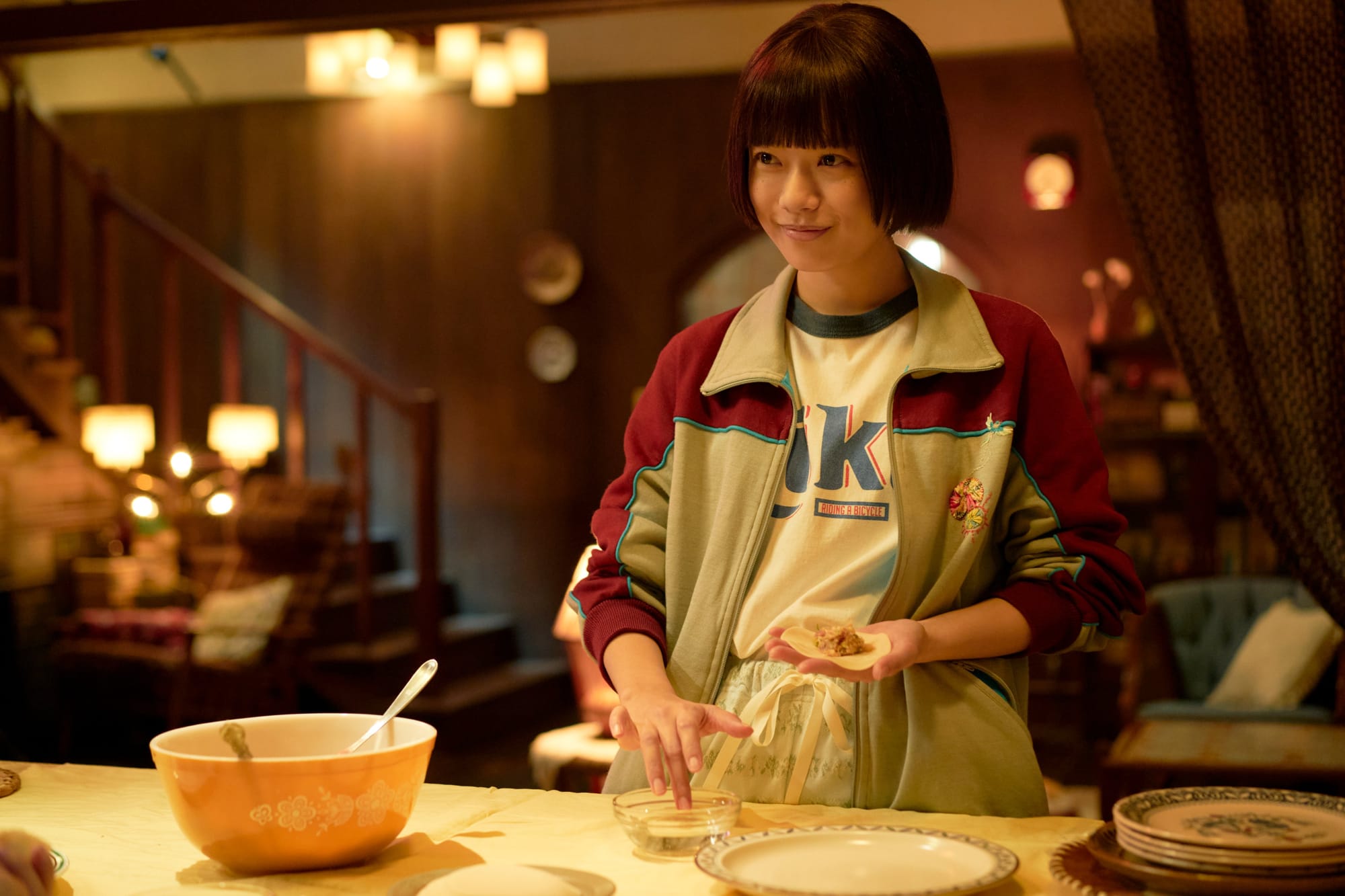
The greatest issue comes in the fact that even for Yuka, the problems these women face feel like merely ideas, without probing deeper into what it means to watch the world move on without you. It plays out predictably, complete with the tug-at-your-heartstrings final performance of a new child choir performing a song lab-grown and optimized for making the audience shed a tear to make you forget how little the film was able to emotionally resonate otherwise. Other narrative threads often just end without resolution, making things feel unfinished.
Considering the strength of the past collaboration of this behind-the-camera duo and the talent in the lead roles that, it’s disappointing. It’s well-shot, well-acted, and these young women are by far a shining light with their performances, especially in scenes involving just the three of them where their sisterly bond feels loving and genuine. The issue is that unlike the web of emotions that extolled from the creative duo’s prior partnership, Unreachable feels precision-made to make you cry and nothing more, leaving you with little to ponder the moment the credits begin to roll.



